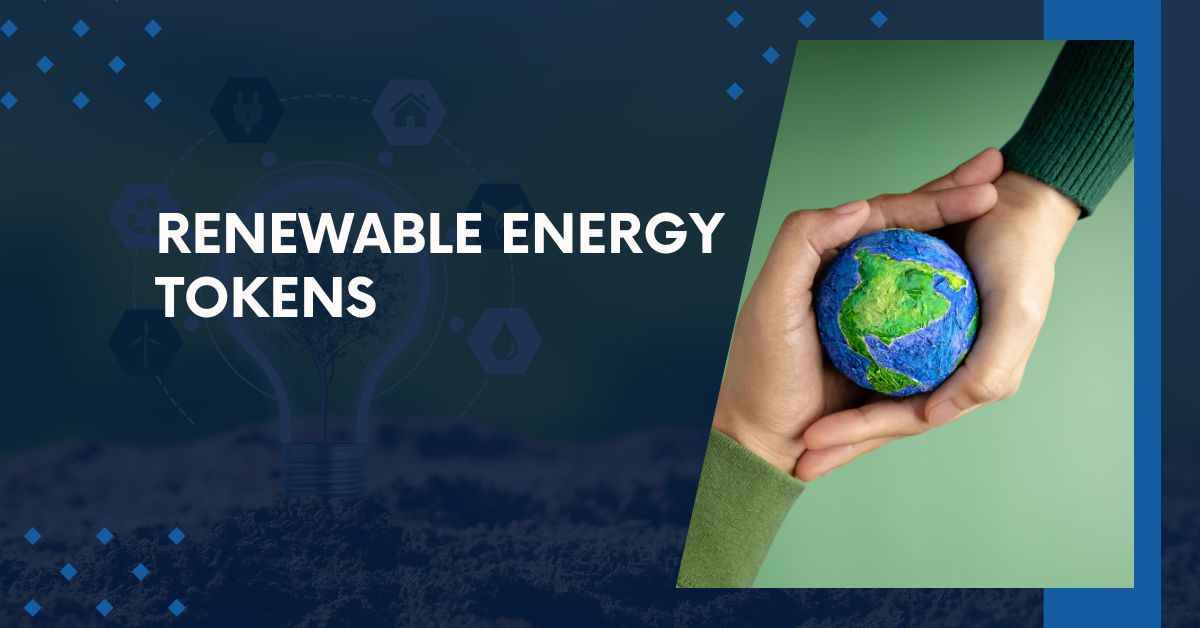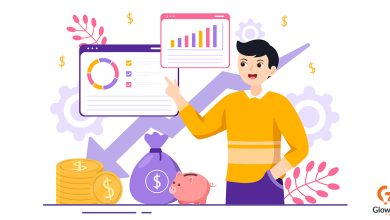In recent years, the world has witnessed a growing awareness of the need to transition from fossil fuels to sustainable energy sources. As part of this global effort, renewable energy tokens have emerged as a groundbreaking technology that holds the potential to revolutionize the way we produce, distribute, and consume clean energy. In this article, we will delve into renewable energy tokens, exploring what they are, how they work, and their significance in the journey towards a greener and more sustainable future.
What are Renewable Energy Tokens?
Renewable energy tokens, often called “RE tokens,” are digital assets representing the value of energy generated from renewable sources, such as solar, wind, hydro, and geothermal power. These tokens are typically built on blockchain technology, a decentralized and immutable ledger system that ensures transparency and security in the renewable energy market.
How do Renewable Energy Tokens Work?
The process of utilizing renewable energy tokens involves several key players and steps:
Renewable Energy Producers:
Green energy producers, such as solar farms or wind power plants, generate electricity from renewable sources. They tokenize this energy by converting it into digital assets.
Tokenization:
The energy produced is converted into renewable energy tokens through tokenization. Each token represents a certain amount of energy, usually measured in kilowatt-hours (kWh).
Blockchain and Smart Contracts:
The tokens are recorded and stored on a blockchain network, often using smart contracts. These smart contracts automate transactions and ensure that energy purchase and sale terms are executed transparently and securely.
Energy Consumers:
Individuals, businesses, and other energy producers can purchase these renewable energy tokens. By doing so, they support clean energy production and reduce their carbon footprint.
Integration with Energy Grids:
In some cases, renewable energy tokens can be integrated with existing energy grids, allowing consumers to use clean energy directly in their homes or businesses.
Advantages of Renewable Energy Tokens
Accessibility:
Renewable energy token enable greater Accessibility to clean energy, as they allow anyone to invest in and use green power without the need for direct ownership of renewable energy infrastructure.
Decentralization:
Blockchain-based systems remove the need for intermediaries, promoting peer-to-peer energy trading and Decentralization of energy markets.
Transparency and Traceability:
The transparent nature of blockchain ensures that the source and origin of the energy can be traced, fostering trust and accountability in the energy sector.
Incentivizing Renewable Energy Production:
By providing a direct marketplace for renewable energy, tokens incentivize green energy production and infrastructure growth.
Global Impact:
Renewable energy token have the potential to transcend borders, enabling international energy trading and contributing to sustainable development on a global scale.
Challenges and Considerations
While renewable energy token hold great promise, some challenges need to be addressed:
Regulation:
The regulatory landscape surrounding renewable energy token is still evolving, and governments need to create supportive policies to foster their adoption.
Scalability:
As the popularity of renewable energy token grows, ensuring Scalability and efficiency becomes crucial to accommodate increased demand and transaction volumes.
Energy Grid Integration:
Integrating renewable energy token with existing energy grids can pose technical challenges and require collaboration with utility companies.
Environmental Impact:
Despite their focus on green energy, the energy consumption associated with blockchain technology needs to be minimized to ensure a net positive environmental impact.
Conclusion
Renewable energy token represent a promising step towards a sustainable future, empowering individuals and businesses to participate actively in the transition to renewable energy sources. As the technology continues to mature and overcome its challenges, we can witness a significant reduction in greenhouse gas emissions, increased adoption of renewable energy, and a greener, cleaner planet for future generations.
Frequently asked questions (FAQs)
What exactly are renewable energy tokens?
Renewable energy tokens are digital assets that represent the value of electricity generated from renewable sources, such as solar, wind, hydro, and geothermal power. These tokens are created using blockchain technology, which ensures transparency, security, and traceability in the renewable energy market. Each token represents a specific amount of clean energy, allowing individuals and businesses to invest in and support sustainable energy production without owning the physical infrastructure.
How do I purchase renewable energy tokens?
You typically need to join a renewable energy token platform or marketplace to purchase renewable energy token. On these platforms, you can find a variety of renewable energy projects from which you can choose to invest. Once you decide on a project, you can buy renewable energy token using fiat currency or other cryptocurrencies. These tokens can then be stored in a digital wallet compatible with the blockchain network on which they were issued.
What are the benefits of investing in renewable energy token?
Investing in renewable energy token offers several advantages:
- It allows you to support clean energy initiatives and contribute to a greener future by promoting sustainable energy sources.
- It provides a decentralized and transparent way to access and trade renewable energy, eliminating the need for intermediaries.
- Renewable energy token can diversify your investment portfolio and offer financial rewards as the demand for clean energy grows.
Are renewable energy token secure and environmentally friendly?
Yes, renewable energy token are built on blockchain technology, known for their high level of security. The decentralized nature of blockchain ensures that transactions are open, impervious to tampering, and unchangeable by any single entity. However, choosing reputable and well-established blockchain networks is essential to ensure maximum security.
As for environmental concerns, while renewable energy token promote clean energy adoption, the process of mining and maintaining blockchain networks can consume significant amounts of energy.
Can I use renewable energy token to power my home or business directly?
In some cases, renewable energy token can be integrated with existing energy grids, allowing consumers to use clean energy directly. However, the feasibility of this option depends on the specific renewable energy project and the energy infrastructure available in your region. Researching the projects and platforms thoroughly is essential to understand how the tokens can be utilized and whether direct energy use is possible in your area.





